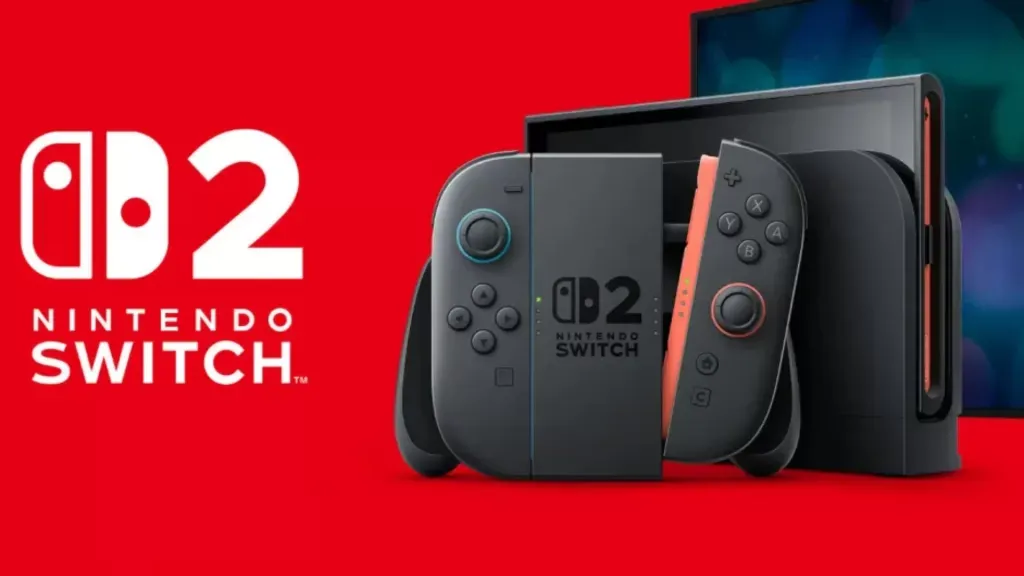The Nintendo Switch 2 Might Be the End of an Era

The gaming industry is experiencing a pivotal shift. Despite the impressive sales of the new Nintendo Switch 2, which became the fastest-selling home console in just four days with 3.5 million units sold, the reality is more complex. Industry analysts suggest that this may be the last of its kind, as the traditional model of dedicated consoles is fading. The current landscape is dominated by free-to-play games like Fortnite and Roblox, which serve as platforms for user-generated content and integrated advertising rather than standalone products.
This transformation is driven by the rise of online ecosystems and monetization strategies like microtransactions and in-game gambling mechanics, blurring the lines between games and platforms. Major titles now often rely on enormous development costs—Marvel’s Spider-Man 2 reportedly took five years and $300 million to produce—yet they cannot sustain the steady release cycles of the past due to economic pressures.
Meanwhile, Nintendo continues to zig where others zag, maintaining a focus on affordable hardware and innovative gameplay over cutting-edge graphics, which has earned it praise and resilience in a turbulent market. However, with rising game prices—up to $80 for the Switch 2's flagship titles—and the shrinking overall industry ecosystem, the traditional console as a long-term entertainment hub may be coming to an end. Instead, the industry is leaning toward models where gaming becomes more about ongoing platforms and services rather than discrete, hardware-bound experiences. In this new paradigm, companies like Sony and Microsoft are pivoting toward offering content as a service, resembling HBO or Netflix more than traditional game publishers.
Despite these changes, Nintendo’s unique approach suggests it might be one of the last to hold onto the classic console model before the industry fully shifts into a different digital era.




